Search
Did you mean: Magi?
Search Results
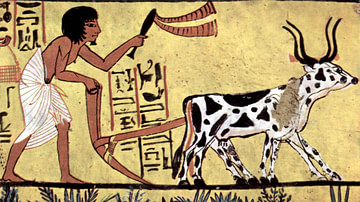
Article
Daily Life in Ancient Egypt
The popular view of life in ancient Egypt is often that it was a death-obsessed culture in which powerful pharaohs forced the people to labor at constructing pyramids and temples and, at an unspecified time, enslaved the Hebrews for this...

Book Review
The Viking Way: Magic & Mind in Late Iron Age Scandinavia
The Viking Way: Magic and Mind in Late Iron Age Scandinavia is an essential addition to any library. Written by noted scholar Neil Price (co-author of The Viking World, author of The Archaeology of Shamanism, and Professor of Archaeology...

Article
Religious Responses to the Black Death
The Black Death of 1347-1352 CE is the most infamous plague outbreak of the medieval world, unprecedented and unequaled until the 1918-1919 CE flu pandemic in the modern age. The cause of the plague was unknown and, in accordance with the...
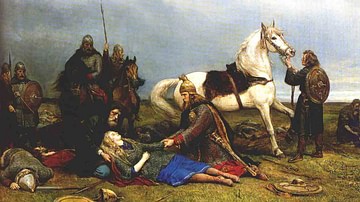
Article
Ten Legendary Female Viking Warriors
In 2017 CE, Uppsala University archaeologist Charlotte Hedenstierna-Jonson published her study of a Viking grave discovered in Birka, Sweden in the 1800's CE which she and her team had revisited. She claimed that what was formerly understood...

Article
The Mesopotamian Pantheon
The gods of the Mesopotamian region were not uniform in name, power, provenance or status in the hierarchy. Mesopotamian culture varied from region to region and, because of this, Marduk should not be regarded as King of the Gods in the same...

Article
Games, Sports & Recreation in Ancient Egypt
Although the ancient Egyptians are often depicted as death-obsessed and dour, they actually had a great appreciation for life and their culture reflected their belief in existence as an eternal journey imbued with magic. Life was a gift from...
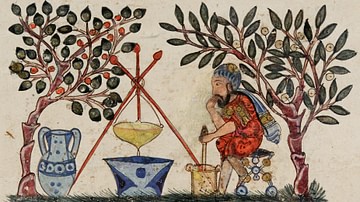
Article
Medicine in Ancient Mesopotamia
In ancient Mesopotamia, the gods informed every aspect of daily life including the practice of medicine. Gula, the Sumerian goddess of healing, presided over the medical arts, guiding doctors and dentists in the treatment of health problems...
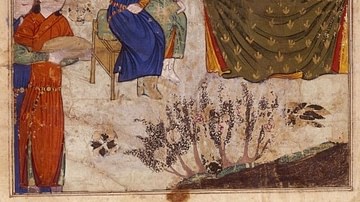
Article
Mongol Multiculturalism
The Mongol Empire accepted and promoted many other cultures. Historians often talk about cultural exchange across Asia in the Mongol Empire as something that was just facilitated by peace and stability across such a huge area – the 'Pax Mongolica'...
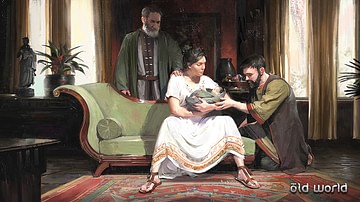
Article
Family Planning in Greco-Roman Antiquity
Family planning was a topic of vital importance in the ancient Mediterranean. Some of the earliest medical literature from ancient Greece and Rome deals with fertility and reproductive health. Among the numerous treatments and procedures...
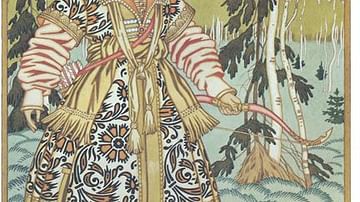
Article
The Frog Princess
The Frog Princess is a Slavic folktale focusing on the importance of recognizing someone’s inner beauty, regardless of their outward appearance, as well as the possibility of redemption after failure. The tale has many variants and appears...